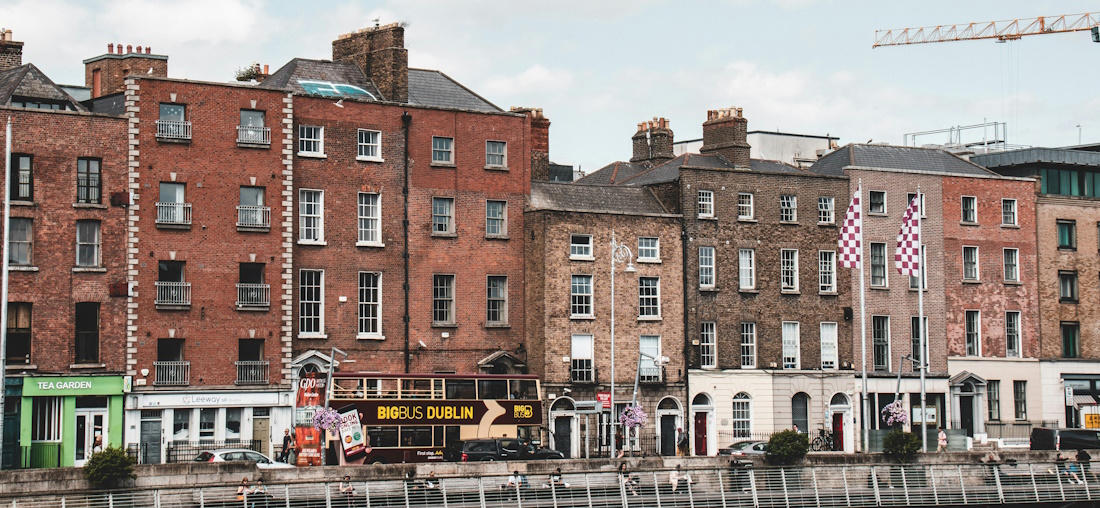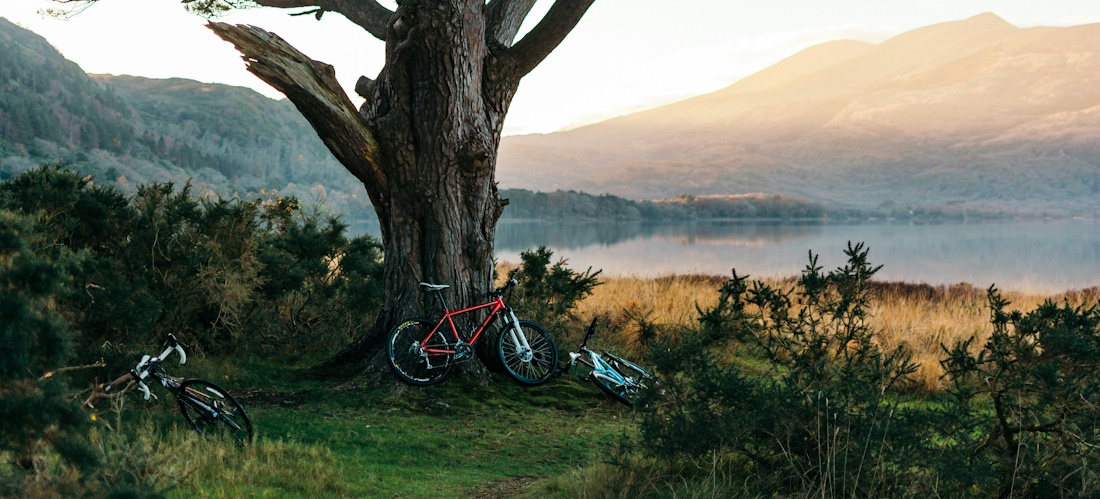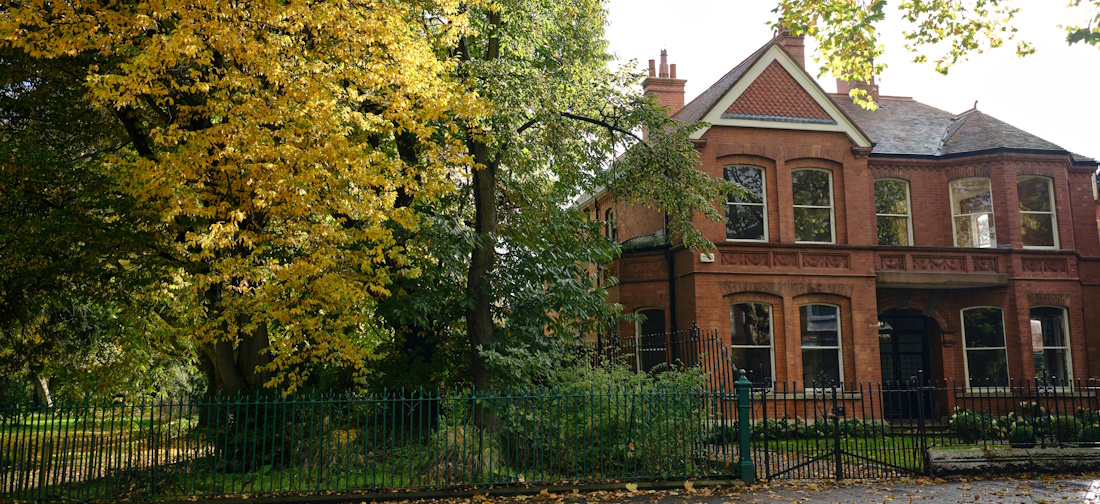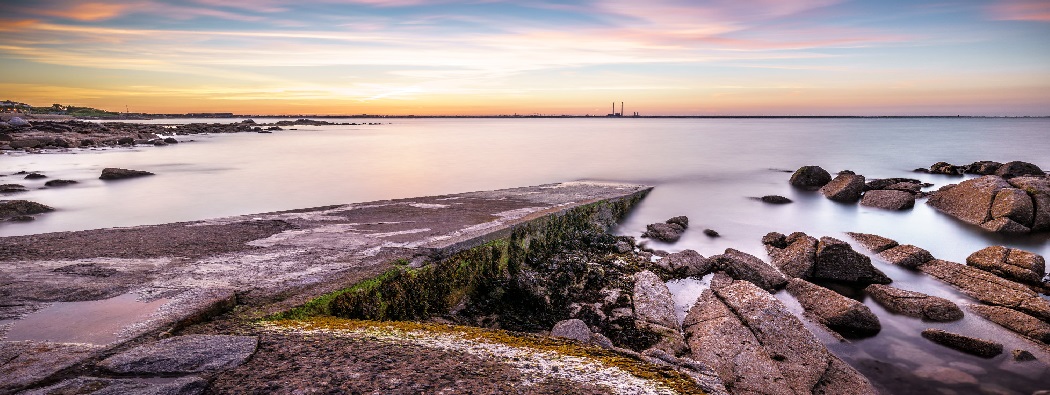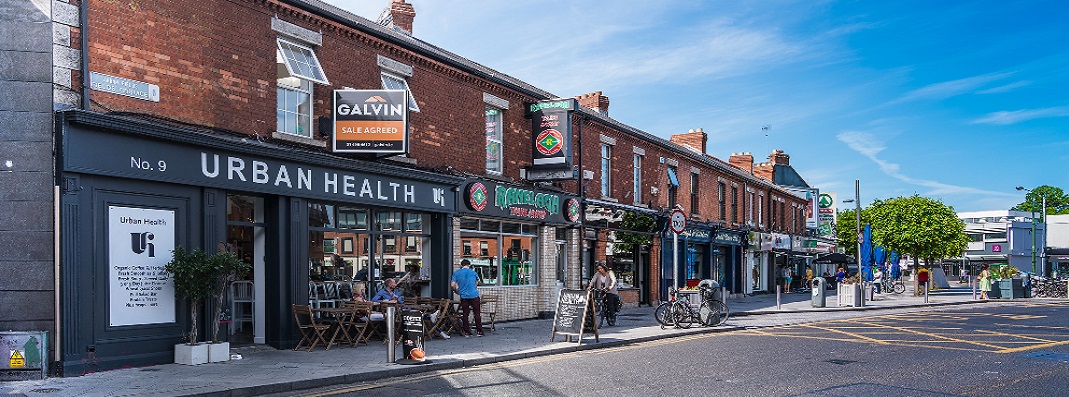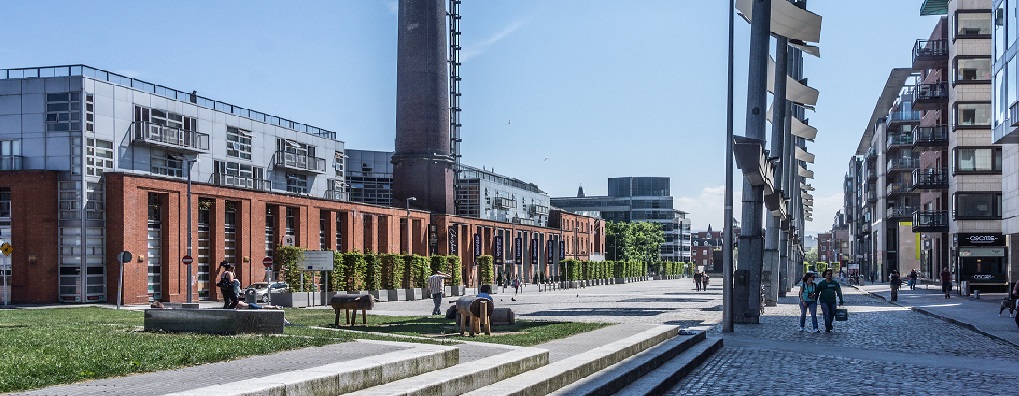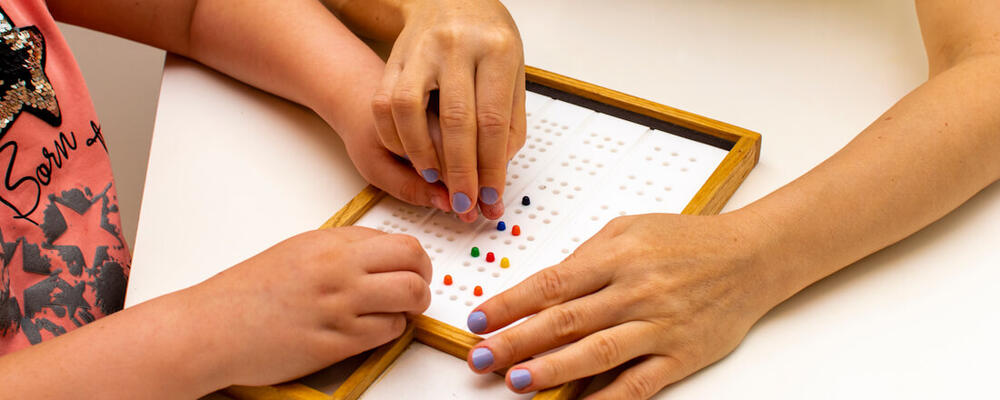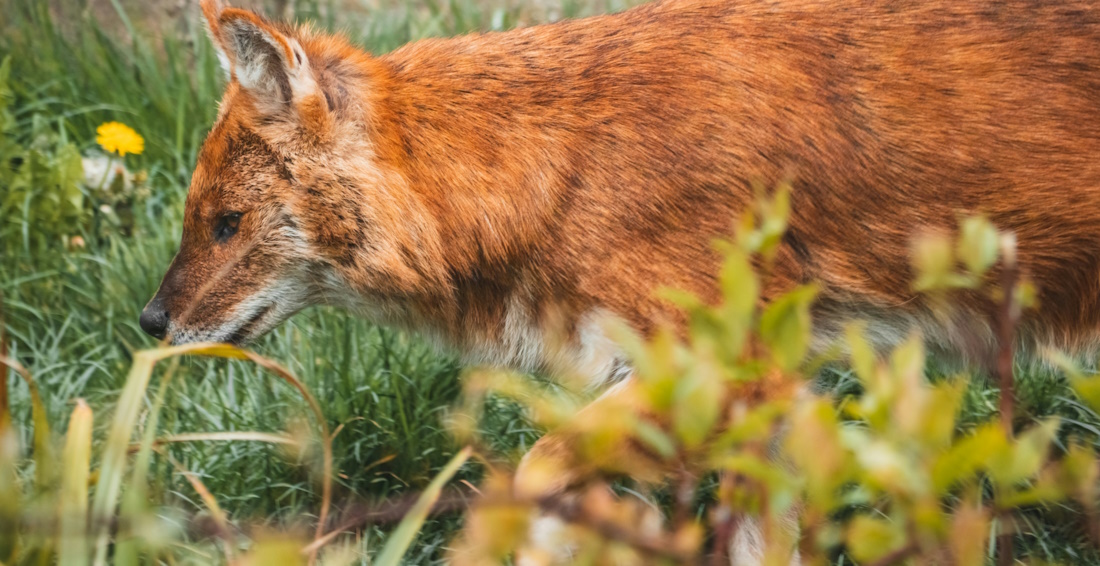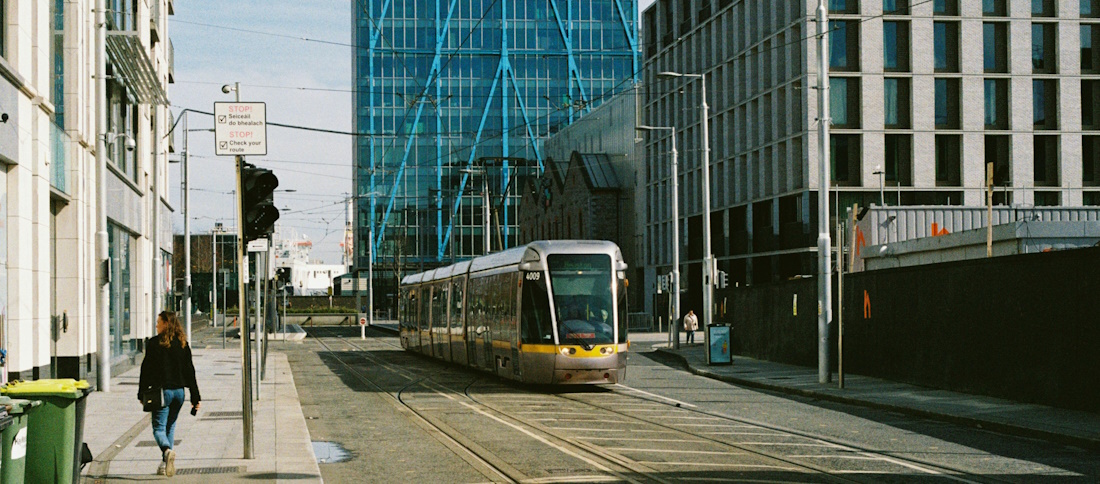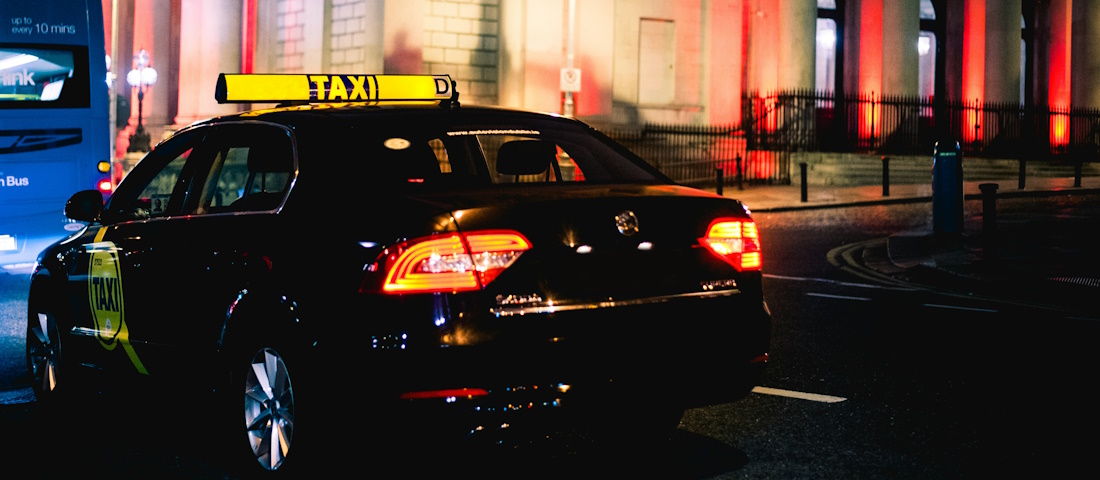A friendly city with international status and local charm, Dublin's array of attractions and activities has something for everyone. The lifestyle in Dublin is characterised by high energy and clean living, offering you an excellent quality of life. If you're after a pint, you'll certainly have no shortage of lively pubs or fellow local revellers to frequent them with.
There are also plenty of opportunities for shopping in Dublin, along with a slew of historical attractions, trendy eateries, as well as good entertainment venues, sports facilities, annual events and spas.
Shopping in Dublin
Shopping in Dublin is centred in two main areas, conveniently located a 20-minute walk apart. Jervis Shopping Centre offers clothing, cosmetics, jewellery and electronic goods, while Blanchardstown Centre is the largest mall in Ireland, housing almost anything you could want.
Grafton Street hosts high-end boutiques and is one of Dublin's main shopping streets, along with Henry Street, which offers more affordable options. The Blackrock Market is another essential shopping spot, stocking local souvenirs, crafts, delicious food, antiques, and vintage clothing.
Markets in Dublin
You will find open-air markets taking place almost every day of the week. You need never miss your food from home for too long, as artisan stalls cater to every national food group possible. Despite the glam shopping streets, Dubliners still find time to browse clothing markets too.
Howth Market is open every weekend and bank holidays, offering fresh organic produce, homemade baked goods, handmade jewellery, and antiques. Harcourt Street Market is a weekday lunchtime market, perfect for grabbing a quick, tasty meal. Dún Laoghaire People's Park Market on Sundays is another favourite, with more than 50 vendors and a great atmosphere.
Nightlife in Dublin
If there's one thing the Irish are known for, it’s enjoying a good drink. This reputation is rooted in Dublin's lively nightlife scene. With a plethora of pubs, you will have no problem finding a local haunt for a post-work pint.
For a night out, head to the Temple Bar District where clubs, lounges, and live music fill the streets. While not as vast as London or New York, Dublin's nightlife boasts a compact and walkable area with a cosy, welcoming vibe.
Sports and outdoor activities in Dublin

With one of the biggest enclosed outdoor spaces in all the capitals of Europe, Dublin offers a wide selection of outdoor activities sure to appeal to you if you prefer fresh air and green fields. The sprawling grounds of Phoenix Park are perfect for a stroll, and you may spot wild deer roaming. The park also features historical monuments like the Wellington Testimonial and the Papal Cross. Visit the Victorian People's Gardens within the park for a more relaxed day.
Sporting types can round up some friends to play ancient Irish sports at Experience Gaelic Games. If you're after something at a slower pace, you can cruise down the River Liffey or hire a kayak of your own. There are also plenty of options for maintaining your fitness, including hiking, cycling along the Grand Canal Greenway, and surfing in Dublin Bay.
Some top activities worth trying, include biking around Phoenix Park, taking a coastal walk along the Howth or Bray cliff paths, hiking in the Dublin Mountains, and attending a Gaelic games match. These activities showcase Dublin's natural beauty, rich history, and unique culture.
See and do in Dublin
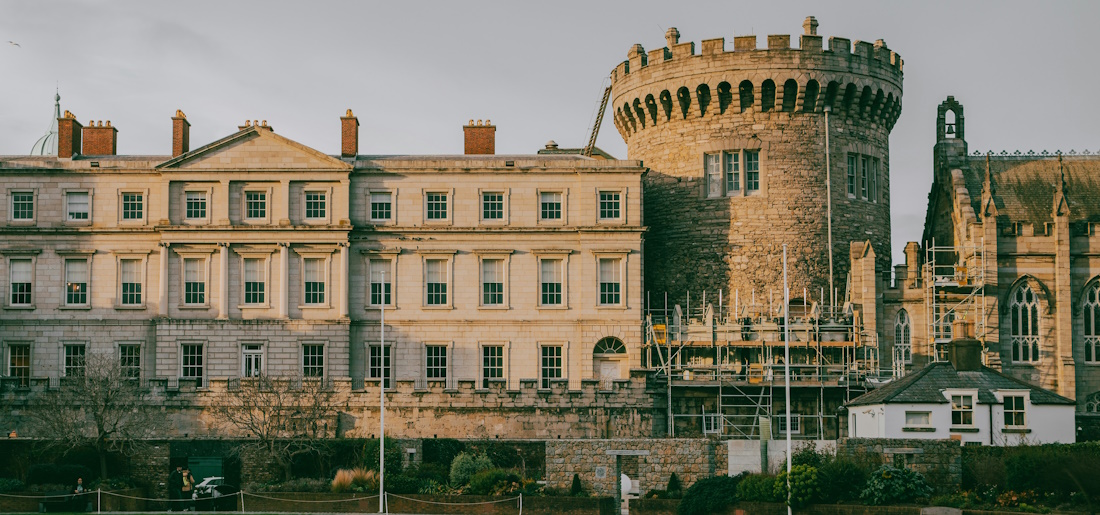
With the city's many attractions and fascinating history, you will certainly have no shortage of exciting things to see and do in Dublin.
Sightseeing the classic tourist attractions is a great way for new arrivals to get to know their adopted city. A good way to learn more about local history while saving money is the Dublin Pass, the city’s official sightseeing card, which allows access to many of the best attractions in the area.
Below, we list some of our favourite attractions in the Irish capital.
Dublin Castle
Founded in 1204 by order of King John, Dublin Castle has been rebuilt many times over the centuries. By the 1600s, it was home to the Law Courts, a banqueting hall, and Parliament meetings. It now hosts a museum, guided tours, cafés, gardens, and an international conference centre.
Dublin Zoo
The Dublin Zoo is one of the city’s most popular attractions. It boasts various exhibits of animals from the Arctic to the plains of Africa and houses rescued tigers, elephants, orangutans, and many other fascinating creatures. Animal lovers will be glad to know that the zoo is also involved in numerous conservation projects, including breeding endangered species.
Guinness Storehouse
This iconic drink may be brewed all over the world, but there’s nothing better than a Guinness in Ireland. It just tastes better. Take a tour of the famous storehouse set up in 1759 by Arthur Guinness, and then head up to the Gravity Bar to enjoy a pint while taking in the bar's fantastic view over Dublin.
National Museum of Ireland
If you're interested in seeing the Emerald Isle’s richest treasures, look no further than the National Museum of Ireland. Marvel at specimens dating back thousands of years, learn about Ireland’s natural history, and dig through the centuries to learn about local culture and traditions. Famous exhibits at the museum include the Tara Brooch and the Ardagh Chalice, both of which date back to around the 8th century.
What's on in Dublin
With so many vibrant and exciting events throughout the year, Dublin has plenty of options for you if you're looking to get out and about. Here are some of the city's most well-known and well-loved yearly events.
St Patrick’s Festival (March)
For a rip-roaring good time, there’s no better party than the St Patrick’s Day Festival in Dublin. The varied events include performers, clowns, games, singing, dancing and, of course, plenty of Guinness.
Dublin International Literature Festival (May)
Literary fans have a whole week to catch their favourite authors at a variety of workshops, masterclasses, debates and other events all across the city. The list of big-name writers at this festival grows more impressive every year, and we’d recommend booking your event tickets early.
Dublin Marathon (October)
The 26-mile (42km) run through Dublin's Georgian streets is dubbed the 'Friendly Marathon'. Since 1980, the marathon has become an excuse for a huge public street party. Today, it attracts around 10,000 runners and even larger numbers of spectators.
Dublin City Pub Crawl (December)
Not just any old pub crawl, the Dublin City Pub Crawl is both fun and educational. It celebrates the city’s history and pub culture – Guinness in hand, of course. Keen crawlers are taken on a journey to Dublin’s oldest pubs and taught how and where it all began.
Meeting people and making friends in Dublin
Arriving in a new city and not knowing a soul there is daunting, to say the least. It can be difficult to figure out where to start meeting people. Joining local clubs and societies is a sure-fire way to meet like-minded people. Here are a few recommendations.
If you're looking to explore the Irish outdoors, check out Mountaineering Ireland, which holds regular events around the country for all levels of hikers. This is a great way to get fit, take in some fresh air, and meet people from all walks of life.
If you're looking to combine sports and socialising, Dublin Dogos RFC is a perfect choice. Established as a hub for expats and locals alike, the club prides itself on being a melting pot of cultures united by the love of rugby. Whether you're a beginner or an experienced player, Dublin Dogos offers a welcoming environment where integration and camaraderie are as integral to the team as the sport itself. The club’s signature '3rd halves' provide a unique opportunity to enjoy post-match meals and forge lasting friendships, embodying their motto: One Club, All Countries.
Culture vultures will be in seventh heaven at United Arts Club (UAC). The club focuses on nine arts – namely literature, music, dance, theatre, drawing, painting, photography, sculpture, and architecture. With WB Yeats himself being among the club's founding members, the UAC has a suitably illustrious history.
With more than 300 members of over 60 nationalities, the International Women's Club is a great place to meet fellow expats from around the world. The club's self-professed aim is to welcome and assist new arrivals and their families, as well as furthering members' understanding of Ireland. Club activities include language conversation groups, book clubs, cooking demonstrations, coffee mornings, Zumba and more.
